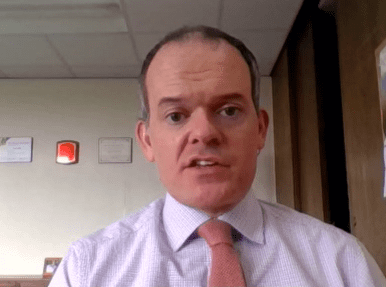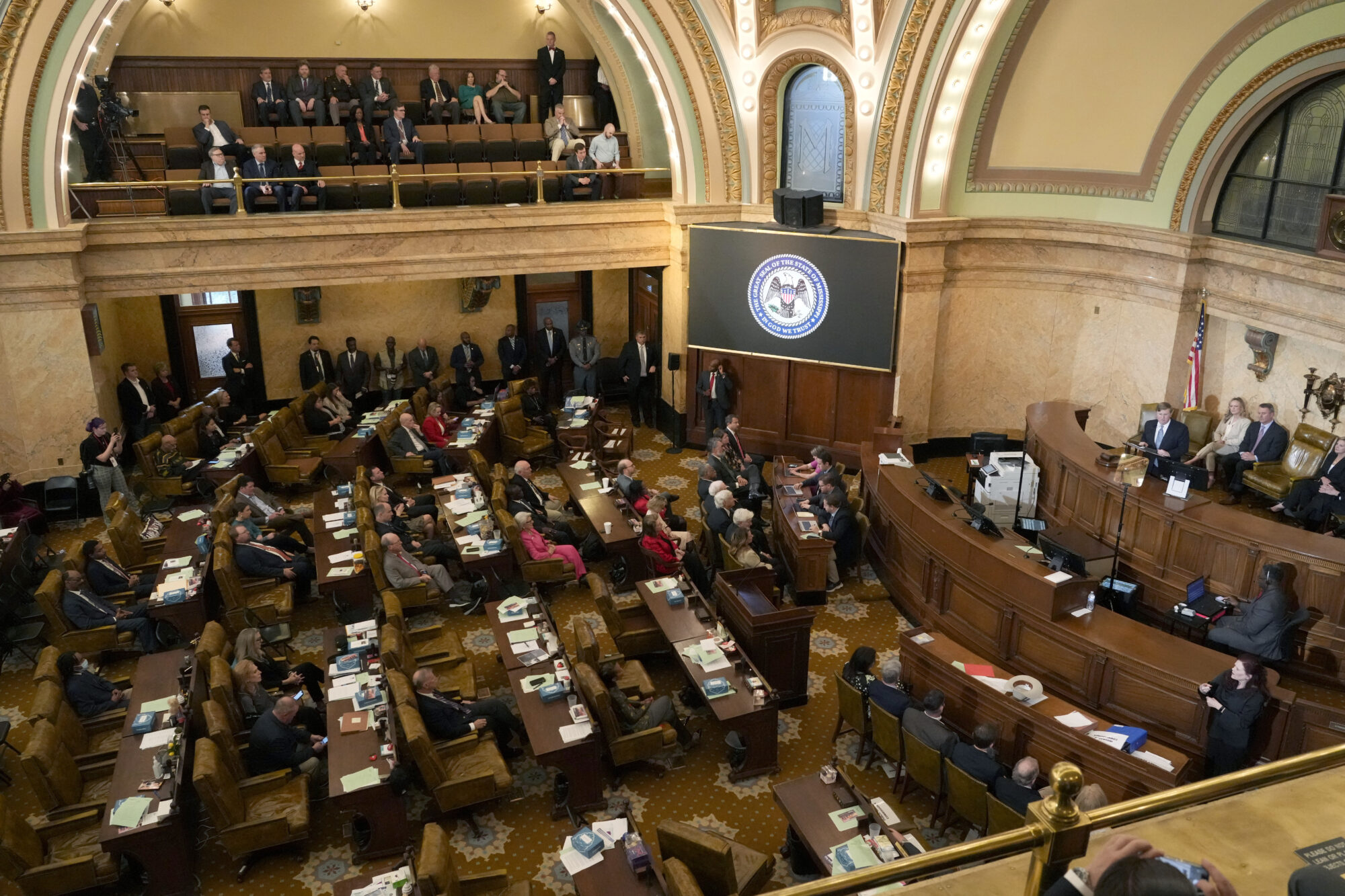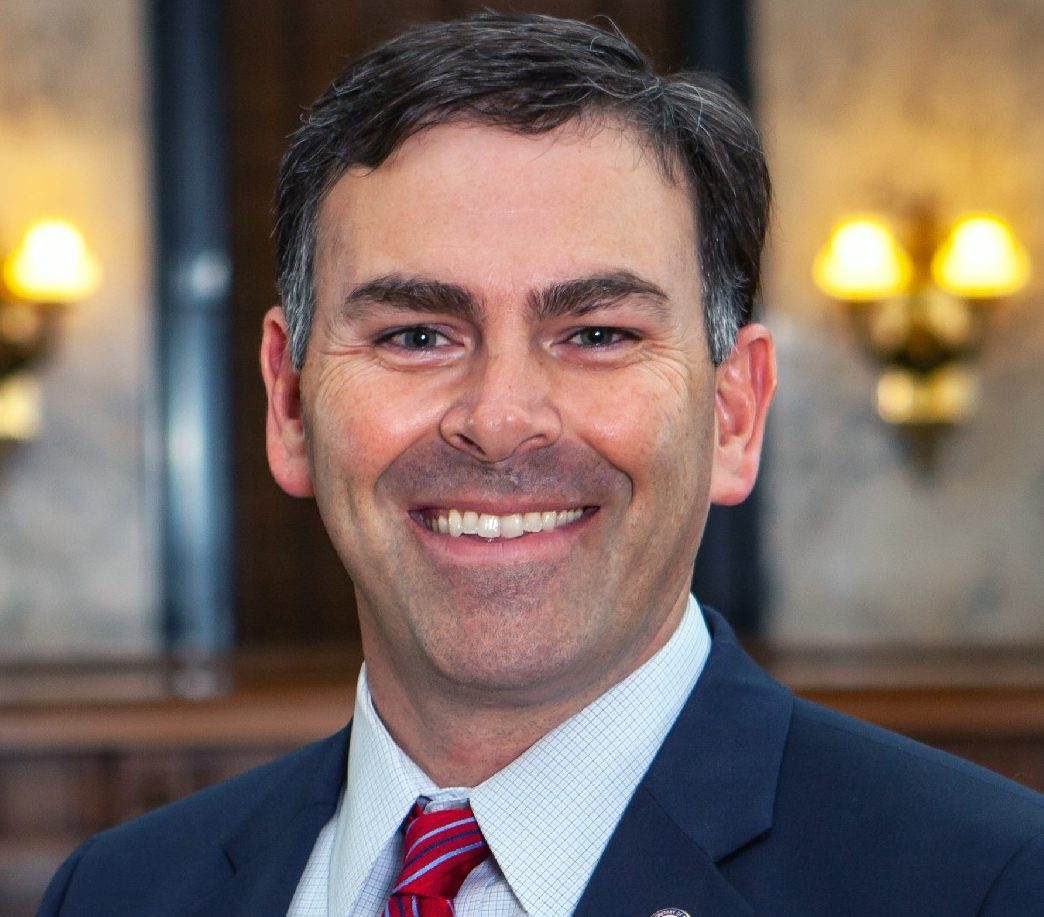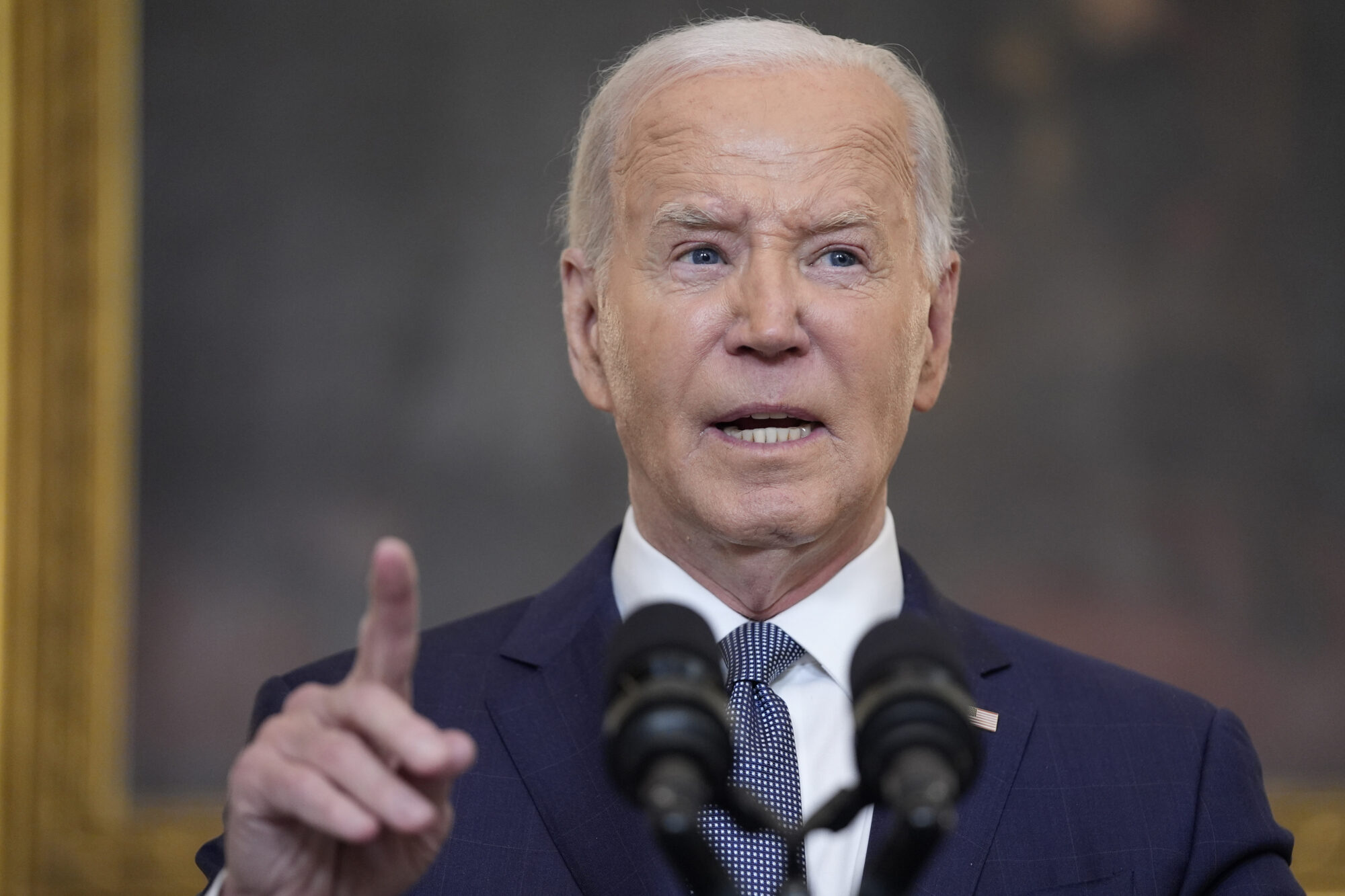
Case for Medicaid expansion much less airtight than media, Democrats claim based on interview with State Economist.
Earlier this week, Mississippi State Economist Corey Miller released a report titled “A Fiscal and Economic Analysis of Medicaid Expansion in Mississippi under the Affordable Care Act.” The report (below), on the surface, appears to make the case that should Mississippi lawmakers decide to expand Medicaid it would pay for itself.
MS State Economist Report on Medicaid Expansion by yallpolitics on Scribd
Predictably, Democrats and members of the mainstream media in Mississippi attempted to use it to show up Governor Tate Reeves and Republican legislative leaders. They falsely labeled the report as the state economist calling “BS” on those opposed to Medicaid expansion.
To seek to clarify the technical aspects of the report and to delve a bit deeper into the numbers and the policy arguments, Y’all Politics sat down with State Economist Corey Miller in a video interview (shown below).
Miller said this new Medicaid expansion report was not prompted by lawmakers or other entities, but rather he believed that it was time to look at the issue again given the recent movement through the American Rescue Plan. The last time the state economist reviewed the matter was in 2012, and Miller said the estimates needed an updated look.
“I’m not trying to start anything with anybody,” Miller said of his report, comparing his efforts to the Congressional Budget Office analysis.
He said his office is non-partisan and has no agenda, and as the state economist he does not make policy recommendations.
“I hope the report didn’t come out as being pro-[Medicaid] expansion. That was certainly not our intentions, to be pro- or anti-,” Miller said.
The state economist report found that Medicaid expansion in Mississippi would increase Medicaid enrollment in the state by approximately 228,000 to 233,000 individuals between 2022 and 2027. This additional population, Miller says, consists of individuals ages 19 to 64 with household incomes below 138 percent of the federal poverty level.
In other states, these estimates have tended to be on the low end. In neighboring Louisiana, their initial estimated expansion population was around 400,000. It is currently over 600,000, which is 50% over the amount that policy makers based their decision on. Such disparity in estimation is one of the pillars Speaker Philip Gunn has based his objection to expansion on, along with the long term fiscal impacts of more people on the program with less federal support driving up more state budget costs.
Miller acknowledged that there can be a “woodwork effect” – those who have not applied to traditional Medicaid do so when expansion occurs. That dynamic has been seen in other states but Miller says he does not believe there would be much of that effect in Mississippi.
Although, the state economist says he is not exactly sure what the budgetary impact would be if that “woodwork effect” were to occur.
“Obviously, the costs are going to increase if that were to happen. How much it would effect the savings, I’m not sure how much impact it would have on the savings,” Miller said.
When asked if any potential downfalls exist for the state should it expand Medicaid or if the expansion was an overall good deal, Miller said there are always factors that could come into play that the assumptions cannot account for.
“I think the ‘woodwork effect’ that we talked about. Other states have seen that. Like you mentioned, Louisiana. Kentucky did have that when they expanded a few years ago. They had much more enrollment than they thought,” Miller said. “Of course, there’s always political uncertainty. You don’t know is funding is going to continue into the future. That’s always a possibility depending on how the politics shift in Washington and what the favorability toward the Affordable Care Act in general is. We had 38 states that have taken it up thus far so I think that probably makes it less likely that it be dramatically changed at this point, but yeah, it is a possibility.”
Miller did say his estimates included the assumption that those on Medicaid would remain while projecting a 79% take up rate from those without insurance coverage now and a 15% take up rate for those who have employer coverage now but would then be eligible to move to Medicaid under the expansion.
This shifting from private insurers to the government rolls is another concern Republicans have expressed in their opposition to Medicaid expansion.
Currently, the federal government will cover 90 percent of the expenditures for the expansion population beginning in 2022 while Mississippi would be responsible for the remaining 10 percent. The report estimates the annual costs to the state from Medicaid expansion range from approximately $186 million to $207 million from 2022 to 2027.
The report outlines what Miller believes will be savings the state would see from moving traditional groups (current Medicaid recipients) to the expansion group as well as reductions in uncompensated care costs for health care facilities and hospitals. Miller estimates the annual savings range from approximately $206 million to $227 million between 2022 and 2027, “roughly offsetting the annual costs to the state from Medicaid expansion over the same period.”
“We think the biggest area of savings would probably be on uncompensated care for the hospitals,” Miller said.
The current uncompensated care costs are being paid by the hospitals through a state assessment. Miller says the state not having to pay those costs is a benefit to taxpayers and says taxpayers are already paying for the expansion in other states to some degree.
But Miller does say that a tax increase, or assessment on hospitals, remains a real possibility if the costs were to exceed the savings if Medicaid were expanded.
Miller also presents that state revenues and the economy would see benefits, estimating a $44 million increase in annual revenues and an average increase of 11,300 jobs a year, mostly in the Health Care and Social Assistance sector.
Mississippi is currently having a tough time filling open positions now. However, Miller says if there is a sustainable group of patients added to the rolls through expansion, it could attract more workers to the state.
“That’s not a certainty, by any stretch, it’s a possibility,” Miller says of his estimates.
The report estimates that Medicaid expansion would result in a 0.7% increase in personal incomes while driving up the state population between 3,300 to 11,500 persons over the first 5 years of the expansion period through 2027.











